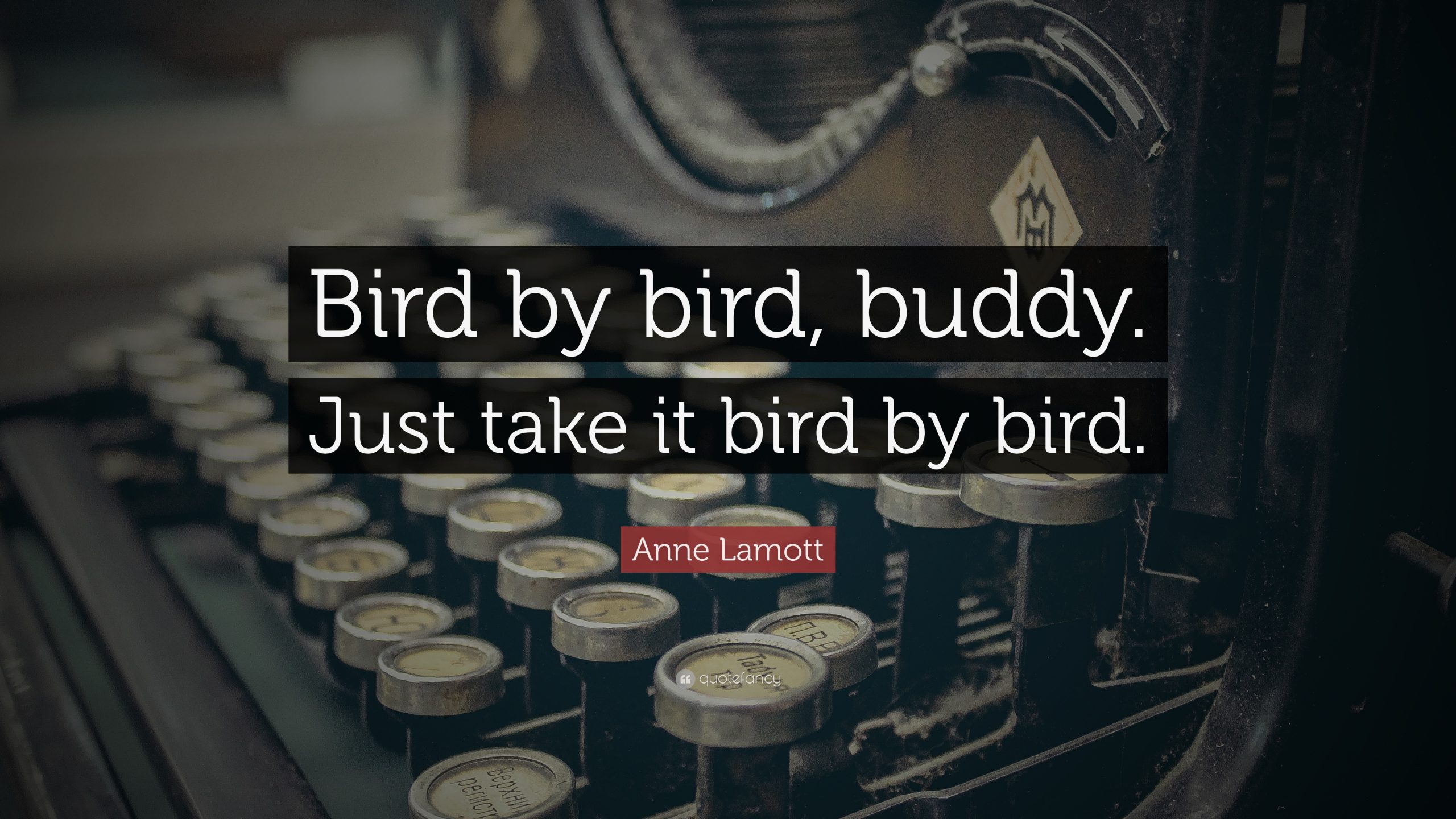If you have been following on the SDRC website, you will have seen our blog series featuring some wonderful Early Career Researchers and student, sharing insights on how COVID has been impacting their research and career prospects, as well as some helpful tips for all of us on getting through lockdown!
Today’s blog is by Katie Gambier-Ross, PhD student at University of Edinburgh. Read on for some of Katie’s experience and advice how to keep writing during and after lockdown.
Writing in the time of pandemic
Going outdoors is an important part of living well with dementia. It’s an important part of living well for all of us but one common consequence of having dementia, is a decline in navigational abilities therefore people with dementia are at a higher risk of getting lost and being reported missing. The focus of my research is on the everyday lives of people with dementia and the decision-making they (and others) go through when ‘going out’. I conducted walking interviews and discussion groups with people living with dementia and their families to gain insight into this experience. I finished my data collection at the end of 2019 and was just starting to write up my findings when lockdown began in Scotland.
I recognise that I am in a fortunate position. I am finished my data collection so this year, my main priority was to squirrel myself away and start writing anyway! I don’t have a caring responsibility but (like all of us) I have other commitments such as a part-time research assistant post and teaching/ marking commitments. At the beginning of lockdown, I was paralysed by productivity guilt. Seeing other academics on Twitter boasting about how much more productive they were now that they could work at home without distractions sent me into a shame spiral. Why couldn’t I do that?! Now that we have been in lockdown for months, I am astounded at how quickly I have adjusted. I have adapted to working from home. I can be selfish, to shut out the world to an extent, to limit my news and social media intake. I am now in the final six months of my PhD and just at the beginning of the intense final write-up stage. The past few months have taught me a few things about doing a PhD at home during a pandemic but there is now a plethora of advice available online about setting boundaries, developing a routine and maintain work life balance whilst working from home. Essentially, I think you must experiment, be flexible and do what work for you.
To my fellow PhD students and ECRs, if I could give you one piece of advice, it would be the least ground-breaking thing you’ve ever heard; just write. Whether you are a social scientist or a lab scientist or anything in between; you will have to write a thesis and publish papers, so you are a WRITER! If you need inspiration, there are a myriad of books on writing; Bird by Bird by Anne Lamott, Writing up Qualitative Research by Harry Wolcott, Writing for Social Scientists by Howard Becker and How to Write a Thesis by Rowena Murray are good places to start. Spoiler alert- the key message in all of these books is this; just write.
It doesn’t matter if you are writing on your research topic or not, keep a ‘lockdown diary’ (think about how fascinating that will be to look back on), start a blog (or guest write for another blog- SDRC are looking for contributors!), plan a chapter of your thesis, draft a journal article or write a discussion paper. Don’t pressure yourself to try to publish- just write the drafts! If you have caring or other work responsibilities, write in ‘snacks’ (Murray, 2014). A swift 30 minutes of writing per day whilst the kids are doing schoolwork and you will be surprised at how the words add up over time! If you have more time to give to writing, consider a virtual writing retreat with colleagues and friends.
I have found that over the past few months, my writing has morphed from an anxiety-stricken lockdown diary to engaging more with my PhD topic. Once I got into the flow of writing reflectively about how I was feeling, I turned my attention to writing about how the pandemic is impacting my epistemology. Now as have built up my ability to concentrate, I’m writing up my findings. I’m still writing in a descriptive informal way which is nowhere near what I want the final version of my thesis to look like, but the important thing is that I am now in the habit of churning out words! I am learning that writing is analysing. As I write up my findings, the missing pieces are slowly fitting together. I still have bad days, day when I can’t face my thesis, days when the imposter syndrome is overwhelming. On those days, be kind to yourself, but keep showing up to write.
Humans are so fearful of change yet one of our greatest strengths in our ability to adapt to it.
Ironically, my anxieties have now completely shifted. I am comfortable with my lockdown routine and I’m worried about when lockdown ends! I have major FOMO about when everyone else reintegrates into society, but I will still have to isolate and write. But for now, I just need to control the controllables, to keep showing up and eventually, I’ll get this thesis written.

Follow Katie on Twitter @kgambierross and her personal blog of her experiences as a PhD student www.katiesphd.com
If you are an Early Career Researcher or PhD student in a field related to dementia or brain health, get in touch with us to write your own blog for the SDRC.
References
Murray, R. (2014). ‘Snack’ and ‘Binge’ writing: editorial for Journal of Academic Development and Education. The Journal of Academic Development and Education, (2), 5-8. https://jadekeele.files.wordpress.com/2014/08/jade-issue-2-aug-2014.pdf
